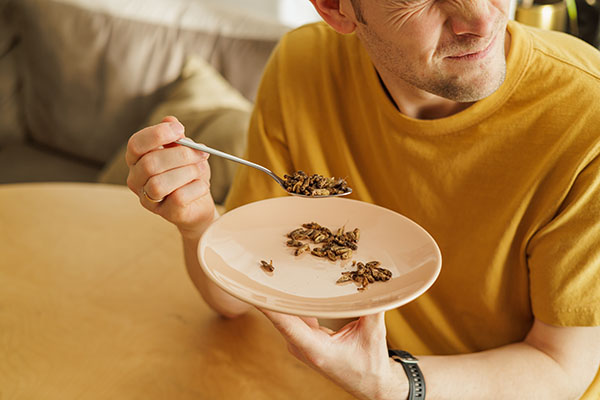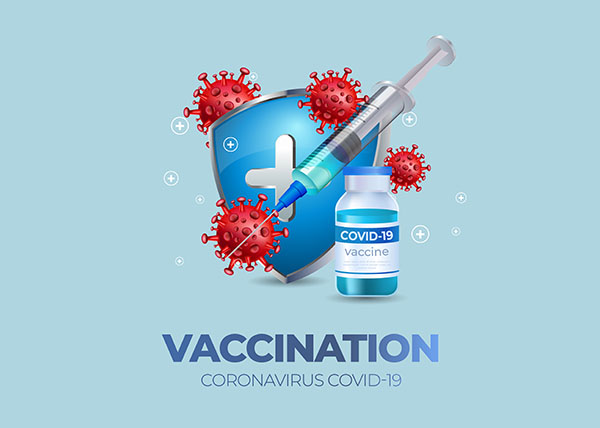Singapore joins growing list of countries approving insects for human consumption
07/29/2024 / By Cassie B.

Singapore has now joined a growing list of countries that have approved insects as a legitimate source of food for its people.
The country’s food agency released a list of 16 approved insects, including mealworms, silkworms, locusts, crickets and grasshoppers. All foods that contain insects being sold there must bear a label stating their content on the package, and several educational initiatives have been launched in schools in an attempt to convince children that this is a positive way forward.
The Singapore Food Agency said in a statement: “These insects and insect products can be used for human consumption or as animal feed for food producing animals.”
The European Union has already authorized six insects, including grasshoppers, crickets and mealworms, with similar labeling requirements, while the UK has approved four insects, including crickets and soldier flies. So far, the U.S. has been hesitant to get on board with this disturbing trend.
However, The Guardian believes Singapore’s move is a “sign of things to come” and there are already some insect food startups hoping to convince Americans that it is somehow a good “alternative protein.”
Not surprisingly, one person backing these initiatives is Microsoft’s Bill Gates, as it ties in nicely with his “climate change” narrative. Many proponents of eating insects claim that they create a smaller carbon footprint than livestock.
Researcher Seamus Bruner called out Gates, who has been working hard to demonize the meat industry and blame methane emissions by cows for assorted environmental woes.
“Bill Gates claims his investments in alternative proteins are to save the planet. What he does not say is that they are part of a strategy to monopolize the protein industry — for profit — as he lobbies to ban animal-based competition,” he said.
Eating insects poses numerous risks
The viability of this approach, however, has been cast in doubt on numerous fronts, with its sustainability being called into question due to the risk of overharvesting and the need to provide the insects with cultivated grain feed, which will add to their environmental footprint significantly in the case of large farming operations. Processing the insects via grinding and freeze-drying, common methods of preparing edible insects, also uses considerable energy.
However, one of the most alarming problems is the potential for insects to spread parasites. Bacteria is another concern, with both farm-raised and wild-caught edible insects having the potential to transmit pathogens from the Streptococcus, Clostridium and Staphylococcus families, to name just a few. Insects can also be vectors for some microorganisms that damage human health.
It’s also worth noting that many people struggle to digest insects, and they also pose a choking hazard due to their numerous hard parts, including spines, wings and stingers.
Insects also have the potential to cause allergies. For example, people who are allergic to shellfish are especially vulnerable to reactions to edible insects. Humans could also develop allergies to insects that have yet to be identified.
The presence of heavy metals and pesticides in insects is another concern. There is a high potential for contaminants because insects, unlike other types of livestock, are consumed in their entirety. This makes it easy for the contaminants they accumulate via their feed or housing to make their way into the human body, while their small size makes decontamination challenging.
The founder of Door to Freedom, Dr. Meryl Nass, warned The Defender that it “could take generations” before we can conclude whether or not these foods are truly safe for people to consume.
Sources for this article include:
Submit a correction >>
Tagged Under:
alternative protein, clean food watch, climate change, cricket protein, crickets, environment, food supply, ingredients, insect protein, insects, meat, poison, protein, stop eating poison, toxins
This article may contain statements that reflect the opinion of the author



















